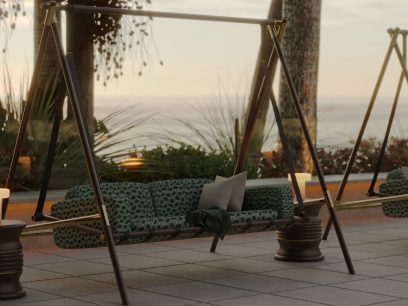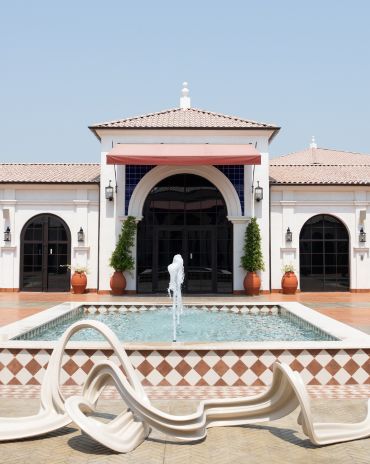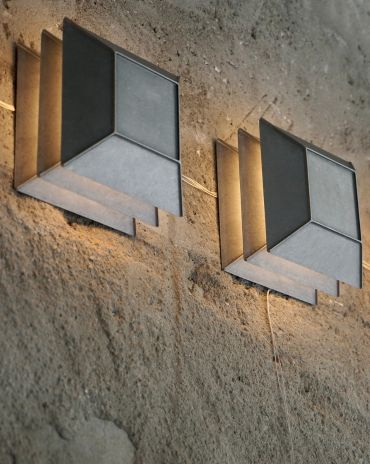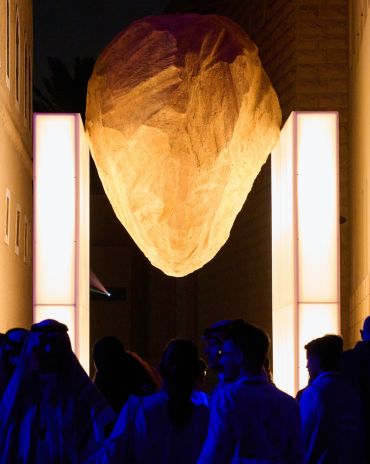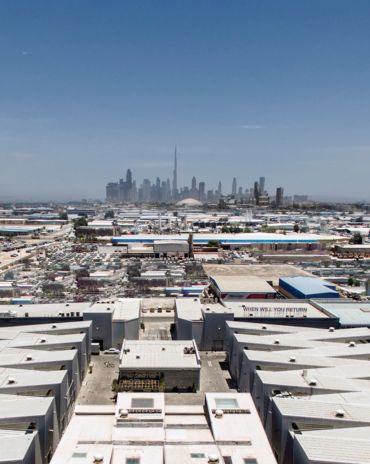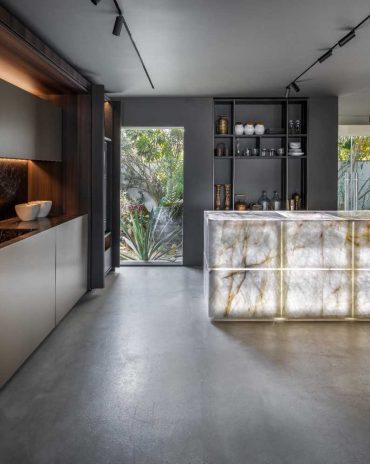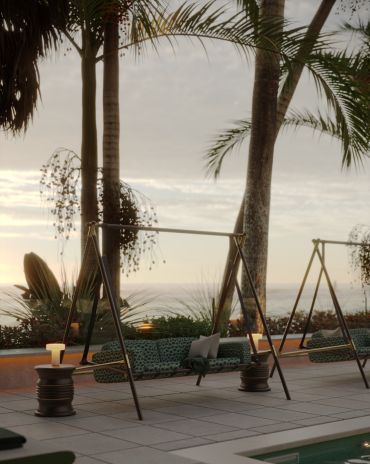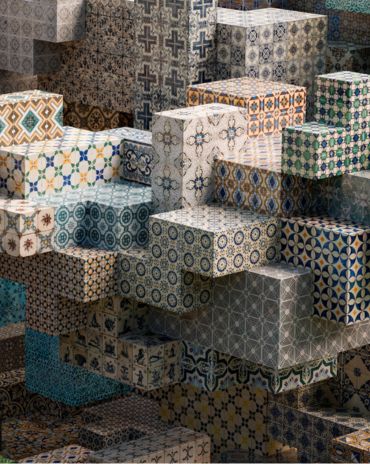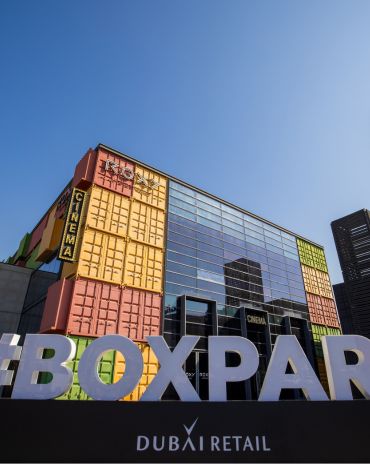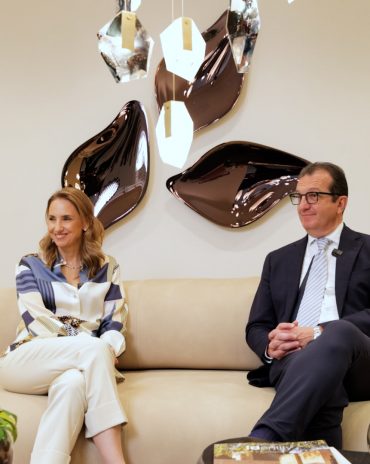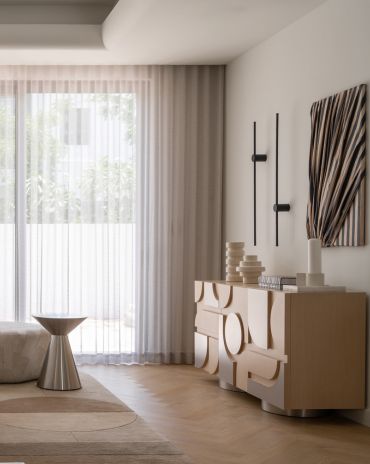Copyright © 2025 Motivate Media Group. All rights reserved.
The split-flap display: clear, quick and stylish
We take a nostalgic look at an icon that is enjoying a resurgence in popularity.
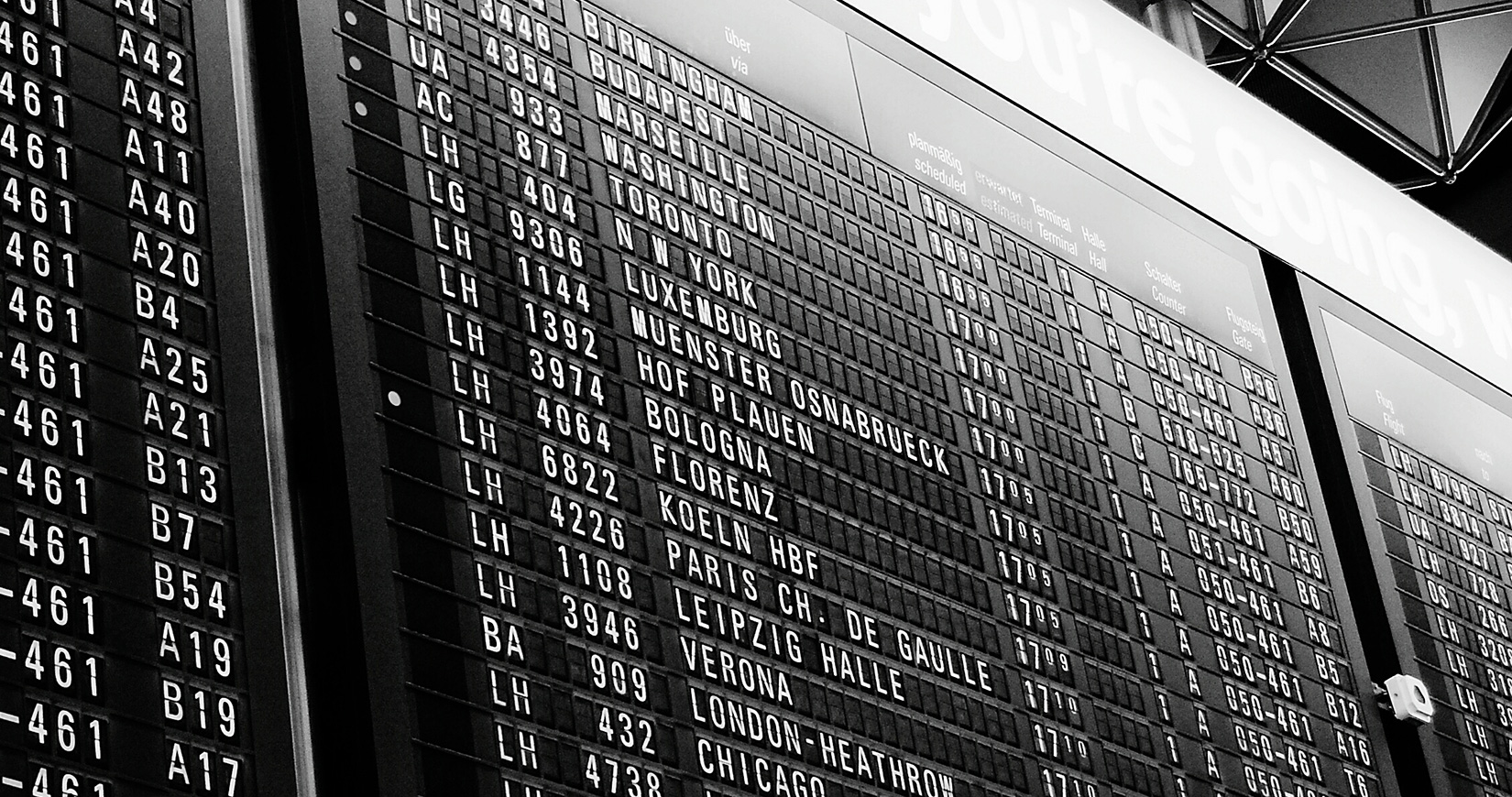
This piece was originally published in the April 2020 issue, which you can read for free here.
Icons are usually the result of intelligent design being used to meet a specific need. That’s certainly true of the split-flap display.
The display was invented shortly after World War II and put into production by the long-established Italian company Solari.
It originally comprised four flaps of ten digits – sufficient to show time information. When its design was evolved to incorporate 40 flaps, it could show words as well as numbers. This made it ideal for displaying constantly updated public transport information in airports and railway stations.
In 1956 Solari created the world’s first ‘information viewing system’ in Belgium’s Liegi train station. The system was then widely adopted around the world, and regularly referred to as the ‘Solari board’.
The system’s rapid mechanical movement and ‘click-clack’ sound epitomised the excitement – and sometimes frustration – of travel. The displays have also regularly played important roles in numerous films and TV shows, illustrating pivotal moments.
The design of the ‘Solari board’ was awarded the prestigious Compasso D’Oro award shortly before the first example was sold.
A resurgence in popularity
The split-flap display has largely been replaced by dot matrix and LED displays. However, a desire for more visceral experiences means it is enjoying a renaissance – in restaurants, hotels and museums.
Its legacy lives on even in some of its successors. The new LED replacements at Boston’s stations emit an electronically generated flapping noise to alert passengers to train boarding updates.
The split-flap display is representative of a golden age of travel. It has played an invaluable role in helping countless people keep appointments and reach their destinations.
The Latest
Crafting Heritage: David and Nicolas on Abu Dhabi’s Equestrian Spaces
Inside the philosophy, collaboration, and vision behind the Equestrian Library and Saddle Workshop.
Contemporary Sensibilities, Historical Context
Mario Tsai takes us behind the making of his iconic piece – the Pagoda
Nebras Aljoaib Unveils a Passage Between Light and Stone
Between raw stone and responsive light, Riyadh steps into a space shaped by memory and momentum.
Reviving Heritage
Qasr Bin Kadsa in Baljurashi, Al-Baha, Saudi Arabia will be restored and reimagined as a boutique heritage hotel
Alserkal x Design Miami: A Cultural Bridge for Collectible Design
Alserkal and Design Miami announce one of a kind collaboration.
Minotticucine Opens its First Luxury Kitchen Showroom in Dubai
The brand will showcase its novelties at the Purity showroom in Dubai
Where Design Meets Experience
Fady Friberg has created a space that unites more than 70 brands under one roof, fostering community connection while delivering an experience unlike any other
Read ‘The Winner’s Issue’ – Note from the editor
Read the December issue now.
Art Dubai 2026 – What to Expect
The unveils new sections and global collaborations under new Director Dunja Gottweis.
‘One Nation’ Brings Art to Boxpark
A vibrant tribute to Emirati creativity.
In conversation with Karine Obegi and Mauro Nastri
We caught up with Karine Obegi, CEO of OBEGI Home and Mauro Nastri, Global Export Manager of Italian brand Porada, at their collaborative stand in Downtown Design.
The Edge of Calm
This home in Dubai Hills Estate balances sculptural minimalism with everyday ease

